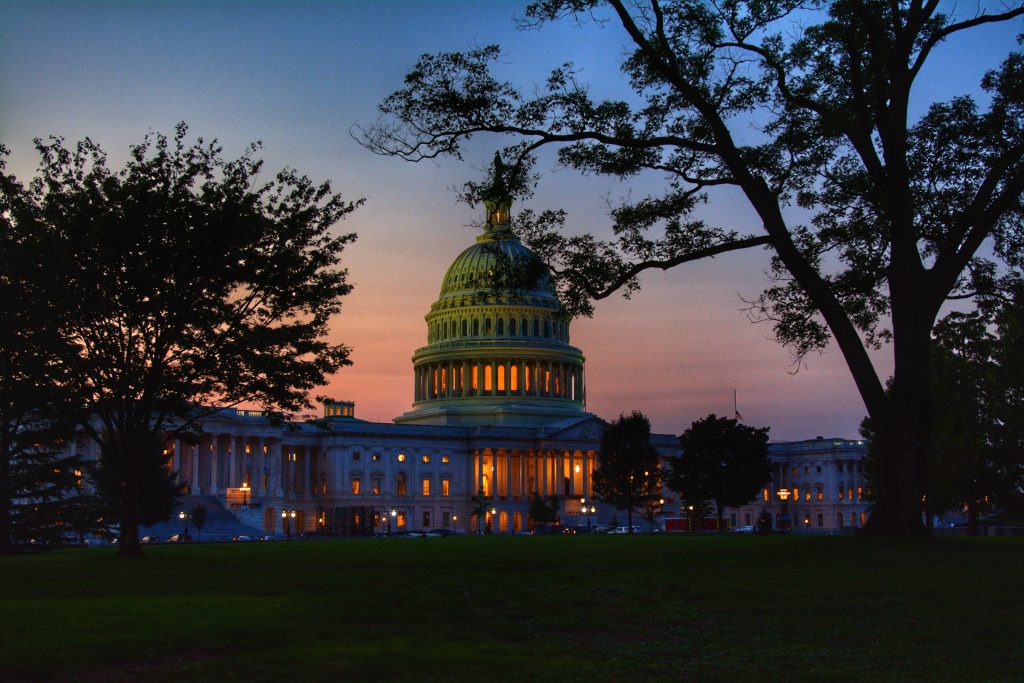
Yesterday, Authors Alliance responded to questions from Senator Thom Tillis about reforming copyright law to better encourage the creation of copyrightable works and to protect those who make lawful uses of copyrighted works and software-enabled products. Tillis’s questions focused on potential reform to section 512 and section 1201, added to title 17 of the U.S. Code by the Digital Millennium Copyright Act (“DMCA”), and acknowledged that other aspects of title 17 could be revised to better tailor copyright law to the digital age.
As a threshold matter, our letter emphasizes that the goal of copyright reform efforts should be to appropriately align the interests of individual creators with the interests of the public for whom they create. We explain how authors and other creators who rely on online platforms to share non-infringing works with their audiences would be harmed if the current notice-and-takedown system under section 512 shifts to a notice-and-staydown system. A notice-and-staydown regime would harm authors relying on fair use, a license, or another lawful reason for sharing a work on the platform. Instead of moving to notice-and-staydown, we offer suggestions for copyright reform that would better serve the interests of creators and other non-infringing users.
With respect to section 1201, we suggest new permanent exemptions and changes that would streamline the triennial rulemaking process. That said, we emphasize that making the rulemaking process more efficient in these and similar ways is only a partial remedy to the fundamental problem that section 1201 stifles speech, access, and onward creation—even where those activities are clearly non-infringing—and in doing so creates heavy burdens for authors. To update section 1201 in a way that would truly benefit authors, we recommend that Congress should make clear in reforming legislation that there must be a nexus between the relevant use and copyright infringement for there to be a violation of section 1201.
To read our entire submission, click here.
We share Senator Tillis’s interest in reforming “copyright law’s framework to better encourage the creation of copyrightable works and to protect users and consumers making lawful uses” of copyrighted works, and look forward to supporting efforts that would make copyright work better for authors.
Discover more from Authors Alliance
Subscribe to get the latest posts sent to your email.
